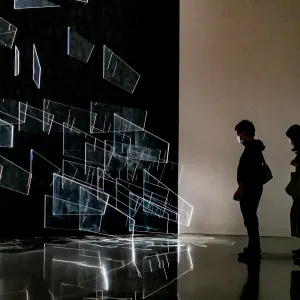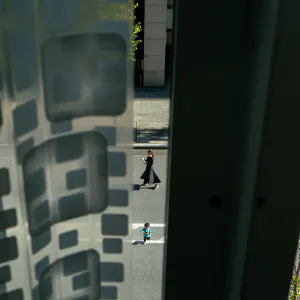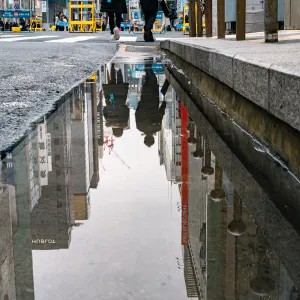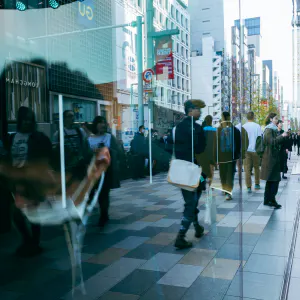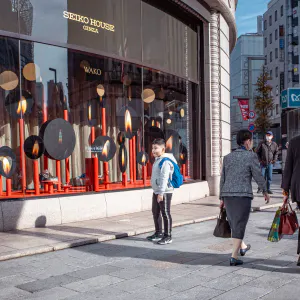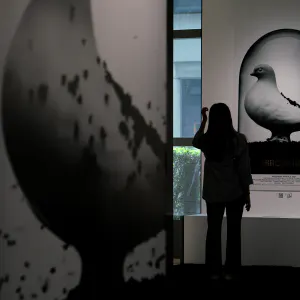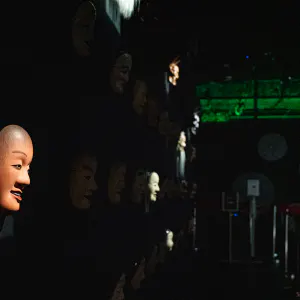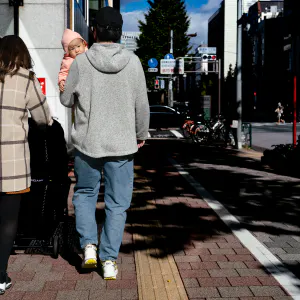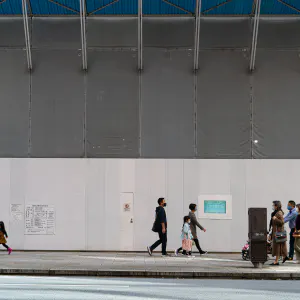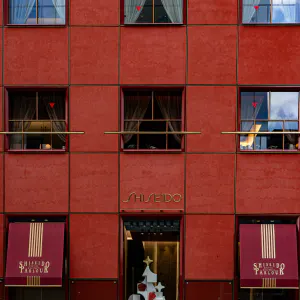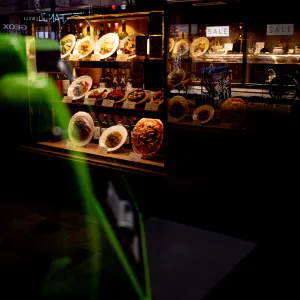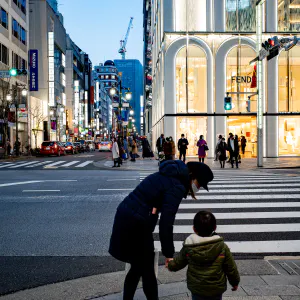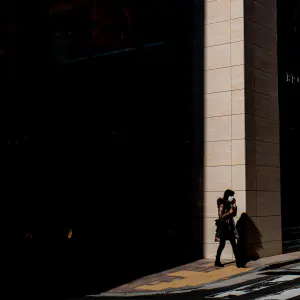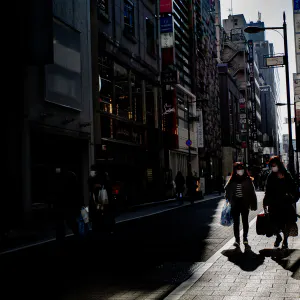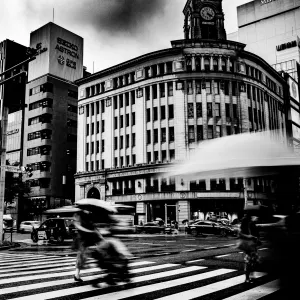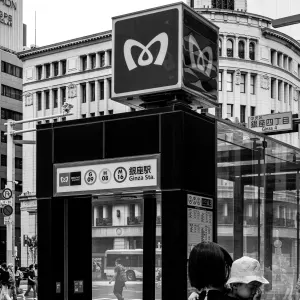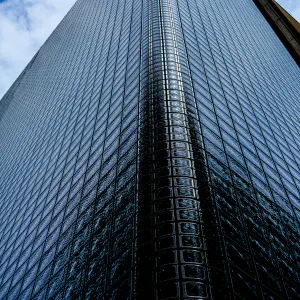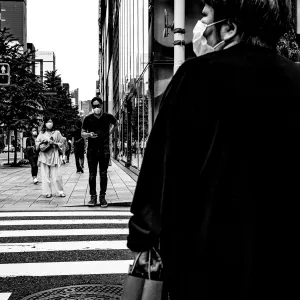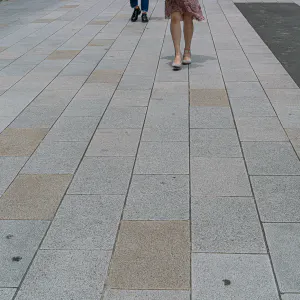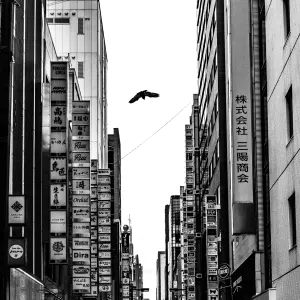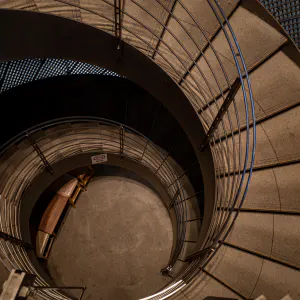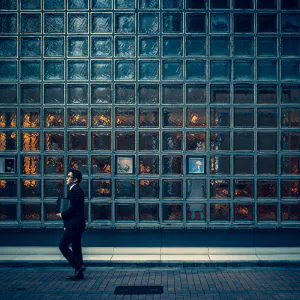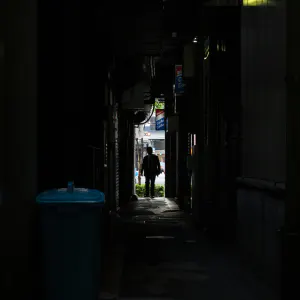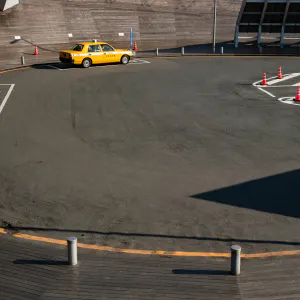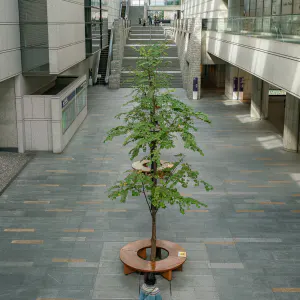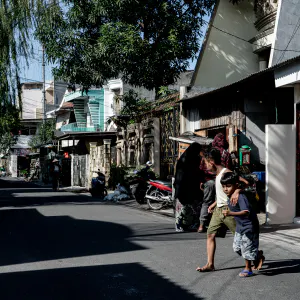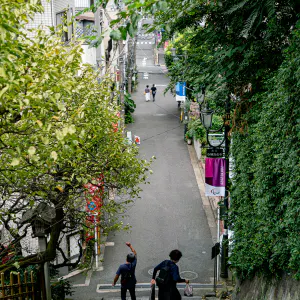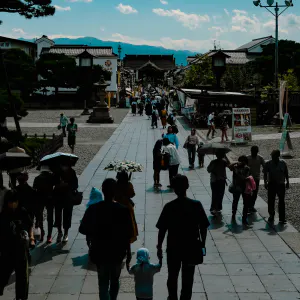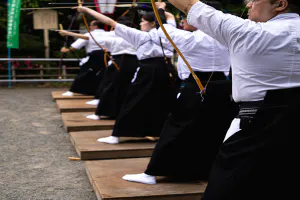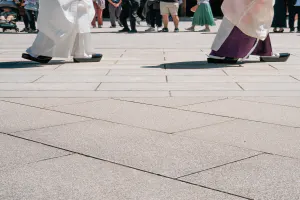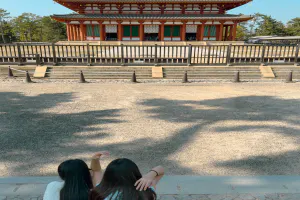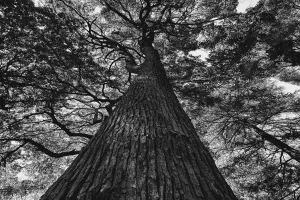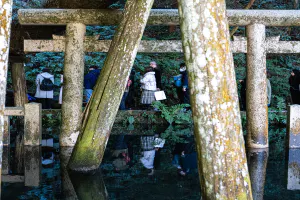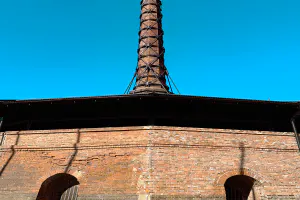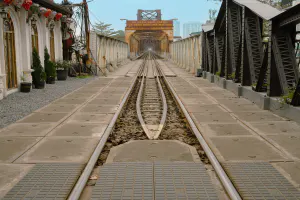There was a hallway and stairs on this side of the window, but there was also a hallway and stairs on the other side of the window
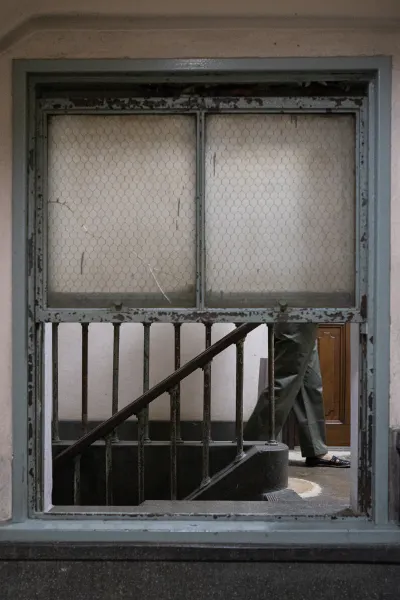
In Marunouchi, there are buildings such as the Dai-ichi Seimei Kan and Meiji Seimei Kan that retain vestiges of their pre-World War II construction, as well as the reconstructed Mitsubishi Ichigokan. In comparison, Ginza, on the other side of the JR Yamanote Line, has few buildings that evoke a sense of history. Perhaps Ginza is a district with such a high metabolism that new, modern buildings are being built all the time, and older buildings seem to have no choice but to accept their fate of being destroyed.
The Okuno Building, where this photo was taken, is one of the few veterans that has stood in Ginza since before World War II. The elevator, the first in Japan to be installed in a private residence, is still in use, and the manually-operated doors are dressed like old ladies.
Walking inside, one immediately notices that there is a kind of window, even though it is in the same building. It is a strange structure, with a hallway and staircase on this side of the window, but also a hallway and staircase on the other side of the window. Apparently, when the building was constructed in 1932, only the left half of the building was there, but in 1934, a new building was built on the adjacent land and connected to it by an inner corridor, which is why it looks the way it does. In other words, 90 years have already passed since this window, which initially played an important role in separating the inside and outside of the building, ended its role. If it were me, I would feel nihilistic.
| May 2024 ARCHITECTURE TOKYO | |
| FIGURE GINZA WINDOW |
PHOTO DATA
No
12586
Shooting Date
Sep 2023
Posted On
May 4, 2024
Modified On
May 14, 2024
Place
Ginza, Tokyo
Genre
Architectural Photography
Camera
SONY ALPHA 7R V
Lens
ZEISS BATIS 2/40 CF
